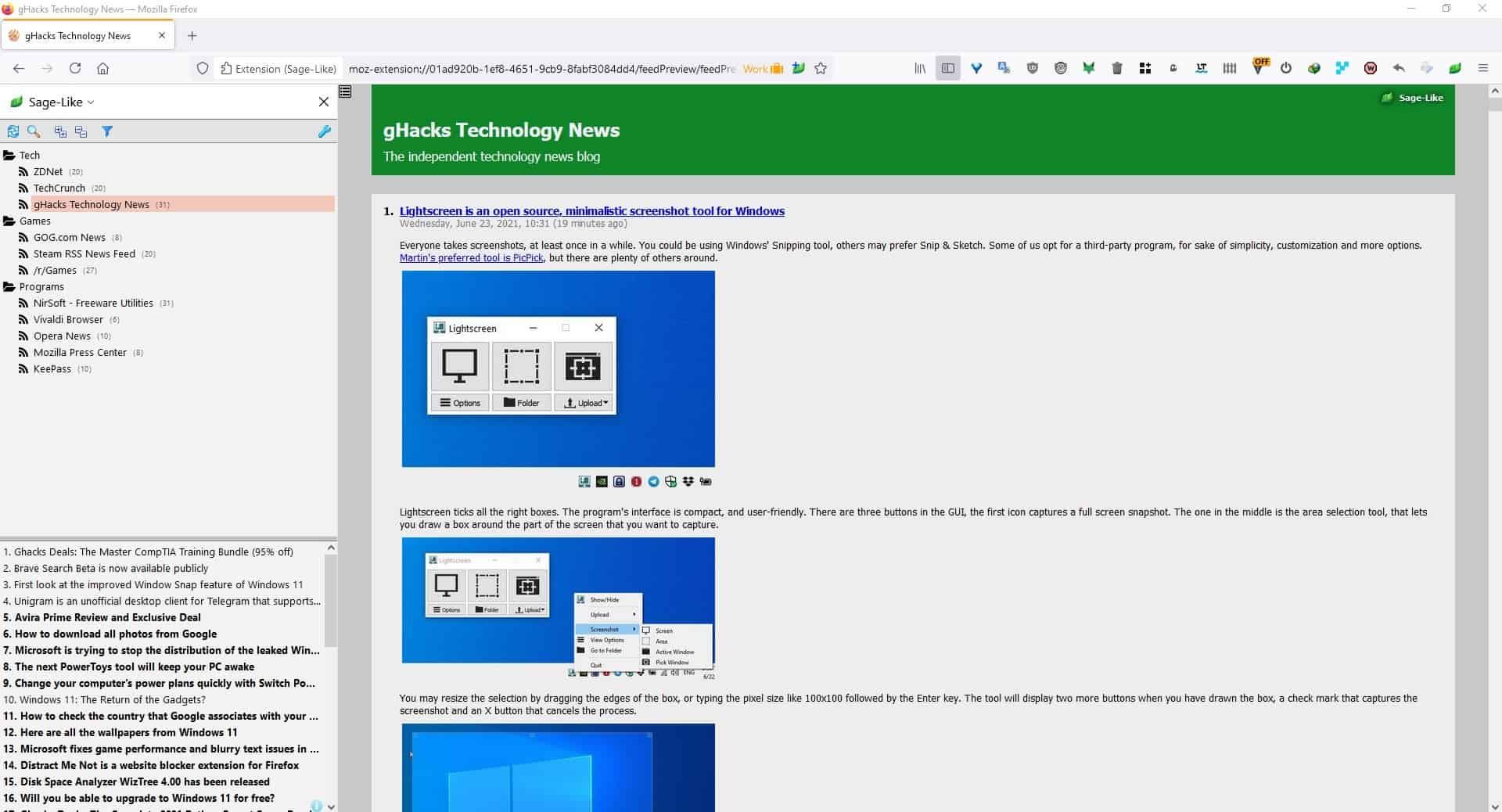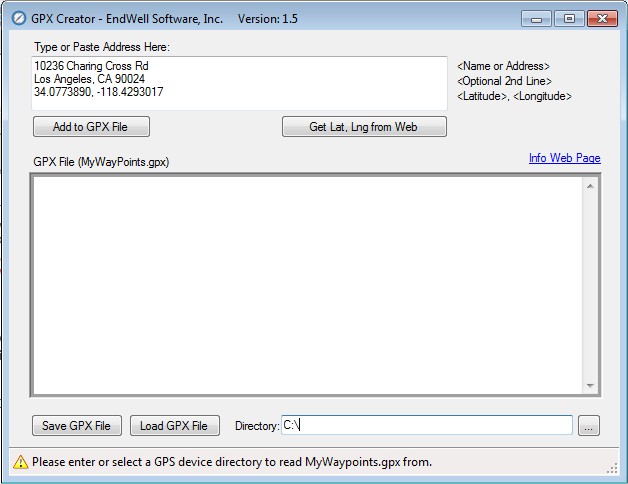

That being said, in almost all cases hard forks are not even necessary. You can, your company just has to be big enough. Isn’t that what we always You can’t just hard fork Chromium Chromium, an open source product, has now overtaken the market. That’s in stark contrast to the former Internet Explorer dominance IE was closed source and couldn’t be modified by third parties whenever Microsoft decided to do something iffy. Chromium is also open source, so if Google’s contributions are nefarious in nature, it can be modified by other browser vendors. It makes the life of web developers easier, since they do no longer have to invest time to test against niche browsers anymore. In general, I do not think that a Chromium dominance is all too bad for the market. If it works on Chromium and Safari (many Apple devices out there), then it’s good enough. I know of some web developers that do no longer bother to test websites against Firefox. It’s also very fair of them to still support Firefox, despite its low and still declining user base. Adding support for the old MS Edge that used EdgeHTML is pointless IMHO, as Microsoft is phasing out that browser anyway. That it took them so long to support Opera is ridiculous, since Opera is based on Chromium just like the new Microsoft Edge. Vivaldi and Brave loaded Google Earth but the loading took quite a while noticeably longer than in supported web browsers. Note: I tried the web version of Google Earth in browsers that Google did not mention.

Today, Google revealed that it has made Google Earth available officially for the web browsers Mozilla Firefox, Microsoft Edge (Chromium-based), and Opera. The company launched a beta of Google Earth for browsers that support WebAssembly, Firefox, Edge and Opera are mentioned specifically six months ago. The emergence of new web standards, WebAssembly in particular, allowed Google to switch to the standard supported by other browsers. The company made Google Earth Chrome-exclusive at the time stating that the company's own Chrome browser was the only browser to support Native Client (NaCl) technology at the time and that the technology "was the only we could make sure that Earth would work well on the web". When Google unveiled the new Google Earth back in 2017, it switched Google Earth from being a desktop application to a web application.


 0 kommentar(er)
0 kommentar(er)
